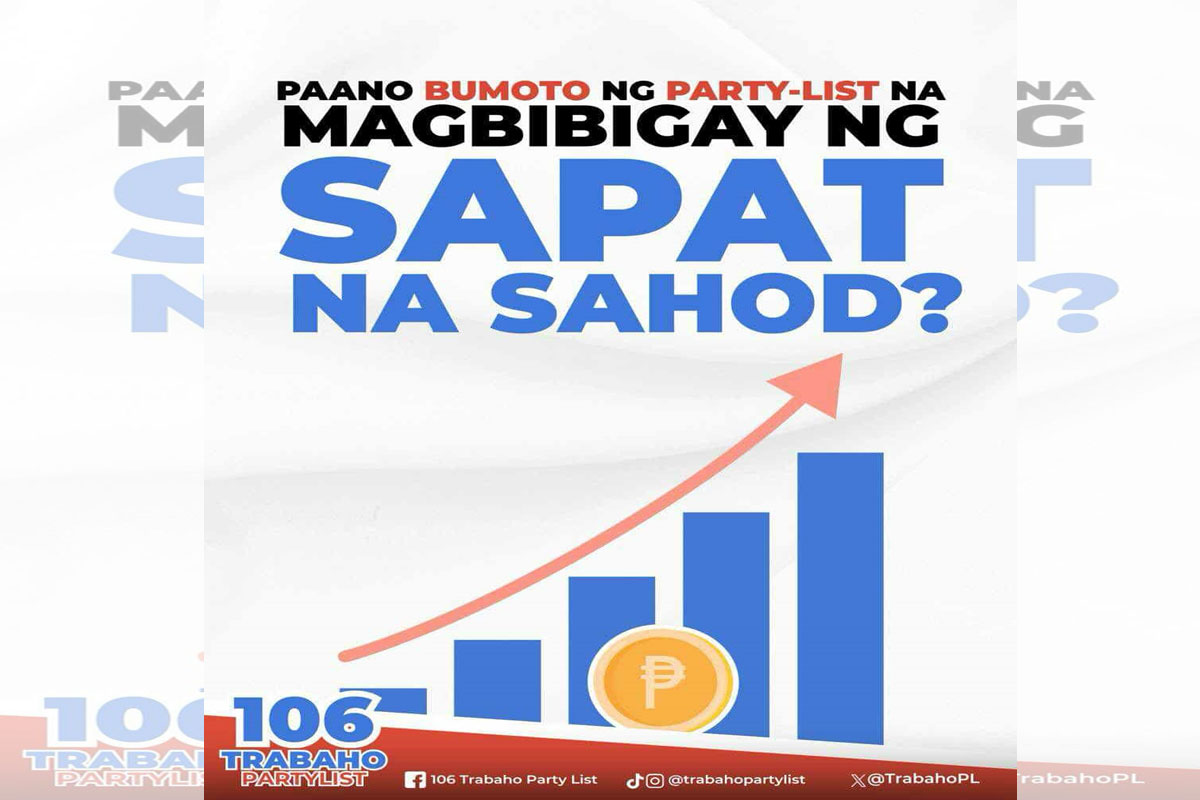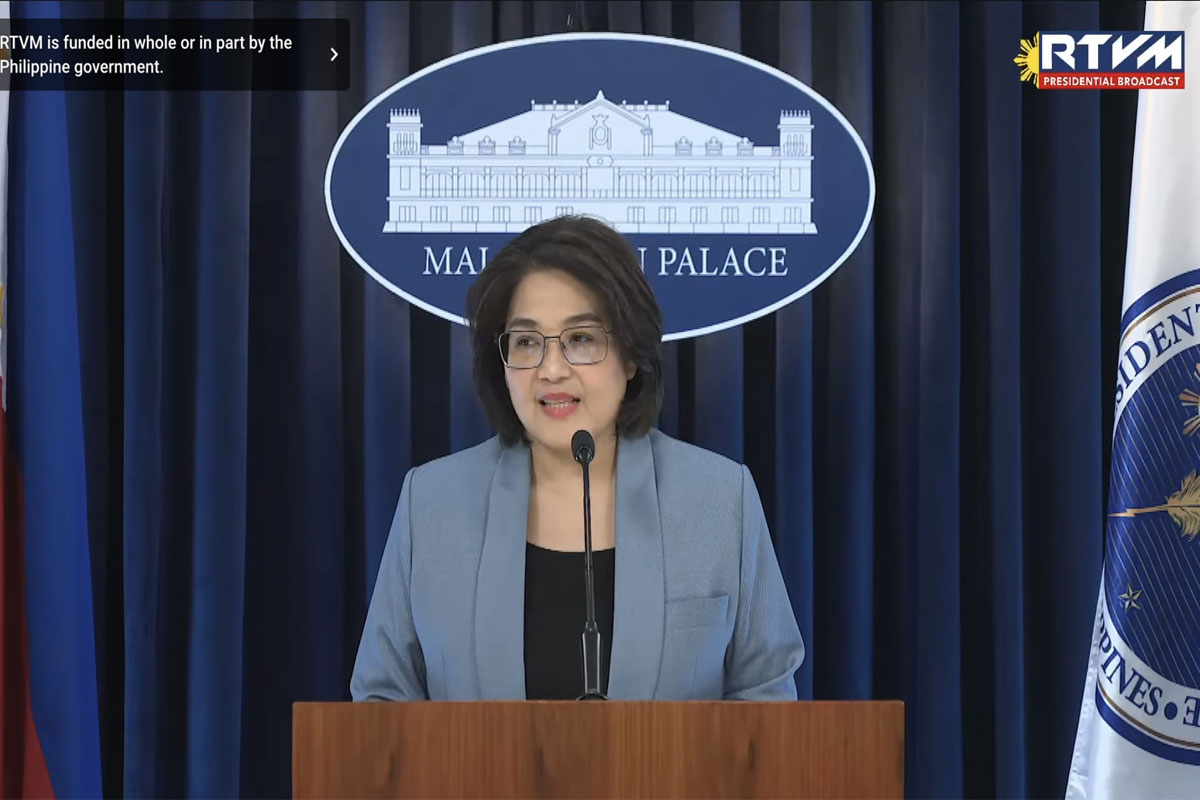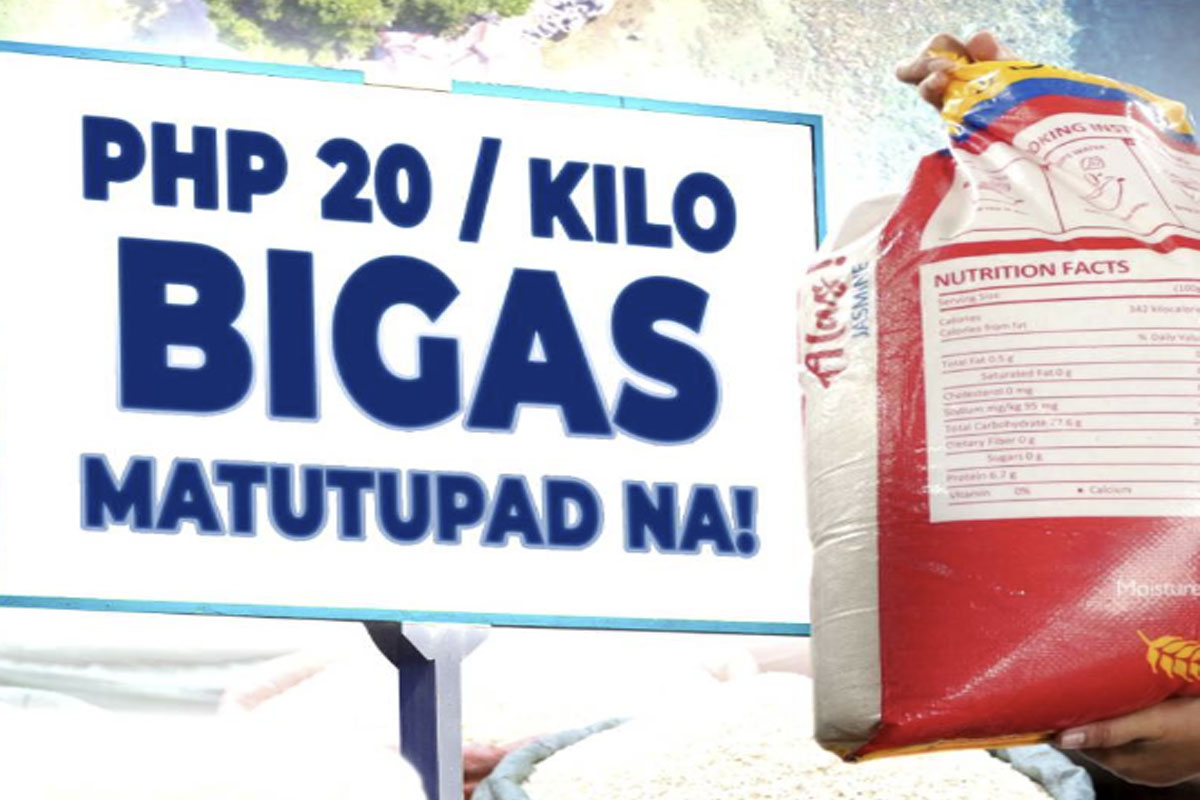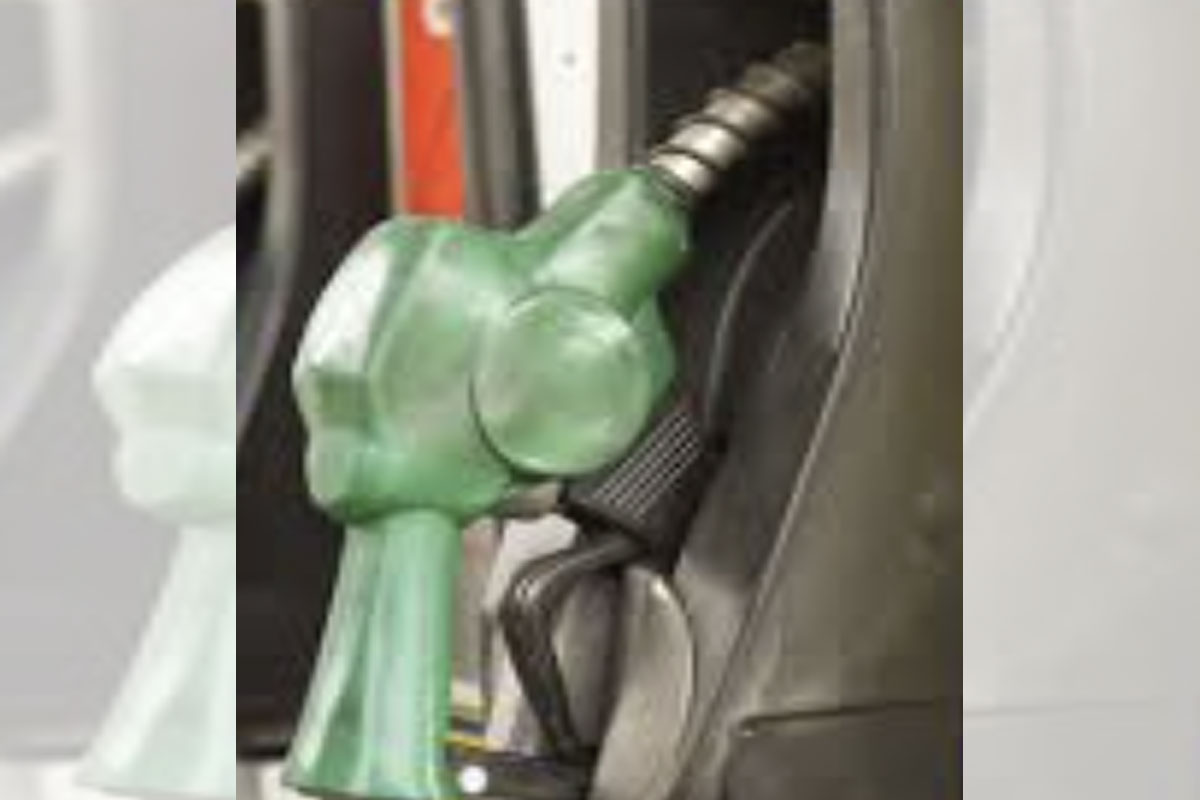
Villafuerte eyes 3-yr tax cuts to slash power rates, fuel prices
CAMARINES Sur Rep. LRay Villafuerte on Sunday said he wants Congress to pass this Second Regular Session a trio of tax cuts to pull down the cost of electricity and petroleum products.
Villafuerte pushed this price-cut proposal as oil companies raised last Aug. 15 the pump prices of gasoline and diesel for the sixth time in six weeks amid rising global demand and continuous supply cuts by Saudi Arabia.
In House Bill (HB) 8231, Villafuerte, who is president of the National Unity Party (NUP), seeks to amend various sections of the National Internal Revenue Code (NIRC) of 1997 by imposing a temporary suspension for three years of, or a 50% cut on, certain tax payments, to lower electricity rates and the retail prices of fuel products.
The former CamSur governor said he filed HB 8241 “in a bid for the 19th Congress to mitigate the effects of the imposition of VAT and the increased excise taxes on petroleum products and coal that are too much of a burden on the consumers and businesses as we recover from the effects of Covid-19 and elevated inflation.”
Villafuerte’s bill was referred by the leadership of the House of Representatives to its Committee on Energy for study before the Congress adjourned sine die last June 2.
The Congress reopened for its Second Regular Session last July 24.
HB 8231 proposes to amend Section 109 of the NIRC by exempting from VAT payment the system loss charge in the sale of electricity for a period of three (3) years from the date of effectivity of this Act.
It also wants to amend Section 148 of the NIRC by reducing by 50% for three years the excise tax payments on petroleum products.
Last Aug. 15, oil firms imposed adjustments in their pump prices for the sixth straight week in the same number of weeks, with the per-liter hike amounting to P1.50 for diesel and P1.90 for gasoline.
According to reports, since July 11, the pump-price of diesel has gone up by P12.30 per liter and that of gasoline by P7.55.
Rising demand for fuel along with output cuts from Saudi Arabia have tightened global oil supply, triggering a spike in prices that recently hit $88 a barrel, the highest since January.
From an average per-barrel cost of about $80 at the onset of 2022, the global benchmark Brent rate went up to as high as $139.13 at one point last year, and raised speculations that local fuel prices could hit P100 a liter.
Villafuerte noted that National Economic and Development Authority (NEDA) Secretary-General Arsenio Balicasan himself conceded recently that although the Philippines was one of the region’s fastest-growing economies in in the year’s first quarter with a gross domestic product (GDP) expansion of 6.4 percent, high inflation remained a challenge and might dampen future growth.
To shield consumers and motorists from oil price spirals, Villafuerte had introduced House Bill (HB) 5176 to make permanent the temporary provision in Republic Act (RA) 10963—the Tax Reform for Acceleration and Inclusion (TRAIN) Law—that stopped the previous Administration from collecting the excise tax on fuel products whenever the average per-barrel cost of Dubai crude oil, based on the Means of Platts Singapore (MOPS) rate, reached $80 over a three-month period prior to the planned suspension of the tax collection.
The TRAIN Law’s provisional authority to suspend the fuel excise tax whenever the $80-price cap is breached ended in 2020.
Villafuerte, in HB 5176, sought to amend Section 148 of the National Internal Revenue Code (NIRC) to provide for “the automatic suspension of the excise tax on regular gasoline, unleaded premium gasoline and diesel fuel oil whenever the Dubai crude oil price based on MOPS averages $80 or more per barrel over the three months before the proposed suspension of the tax collection.”
“With the seemingly rollercoaster ride, albeit mostly ups than downs, that gasoline and diesel prices have been through in the retail market, one way for the government to stabilize pump prices of petroleum products—and shield consumers and motorists from the debilitating effects of sky-high prices of gasoline and diesel products—is to put up an SPR or storage facility to let the government bring in additional inventory that could help soften future price surges.”


















